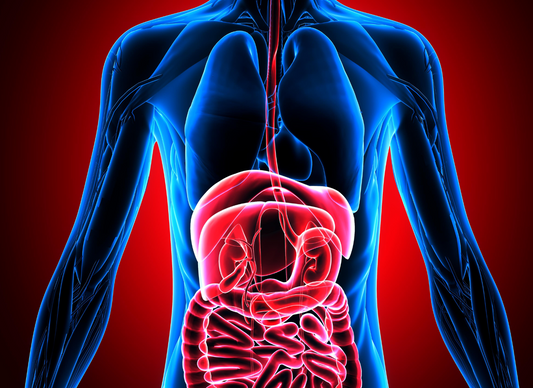In our demanding lives, stress has become an all-too-familiar companion. This constant pressure takes a toll not only on our mental well-being but also on our physical health.
By gaining a deeper understanding of stress and its comprehensive effects on our overall health, we can proactively manage and mitigate its negative consequences. Let’s dive into the profound effects of stress on various systems within our bodies and actionable steps that can be taken to mitigate its impact.
The Immune System: Weakening Our Defenses
The immune system plays a vital role in protecting our bodies from harmful invaders, such as viruses and bacteria. However, chronic stress can weaken the immune system, leaving us more susceptible to infections and illnesses. Prolonged stress leads to an overproduction of stress hormones like cortisol, which can suppress the immune response. To bolster the immune system, consider the following activities:
- - Prioritize sufficient sleep to support immune function.
- - Engage in regular exercise, which can enhance immune response.
- - Incorporate stress-relief practices, such as meditation on the inHarmony meditation furniture and deep breathing exercises, into your daily routine.
The Digestive System: Disruptions and Discomfort
Stress can wreak havoc on our digestive system, causing a range of issues like indigestion, stomachaches, bloating, and changes in appetite. This occurs because stress triggers the "fight or flight" response, diverting energy and resources away from digestion. To promote digestive health:
- - Adopt a balanced and nutritious diet to support your gut.
- - Practice mindful eating, allowing your body to process food more efficiently.
- - Consider including probiotics in your diet to promote gut health.
Stress and the Effects on Our Bodies
Stress has become an all-too-familiar companion. This constant pressure takes a toll not only on our mental well-being but also on our physical health. By gaining a deeper understanding of stress and its comprehensive effects on our overall health, we can proactively manage and mitigate its negative consequences.
The Cardiovascular System: Impact on Heart Health
The cardiovascular system is also vulnerable to the effects of stress. During stressful situations, the heart rate and blood pressure increase, putting extra strain on the heart. Over time, this can contribute to the development of cardiovascular issues. To safeguard your heart health:
- - Engage in regular cardiovascular exercise to strengthen the heart.
- - Practice relaxation techniques to lower blood pressure and reduce stress.
The Nervous System: Heightened Sensitivity
Stress deeply affects the nervous system, impacting how we perceive and respond to the world around us. Chronic stress can lead to increased irritability, anxiety, and mood swings. Nurturing the nervous system involves:
- - Creating a supportive environment with regular social interactions and emotional connections.
- - Trying relaxation therapies like yoga or tai chi to soothe the nervous system.
The Reproductive System: Hindrance to Fertility and Well-Being
For both men and women, stress can disrupt the reproductive system. In men, it may lead to reduced libido and fertility issues, while women may experience menstrual irregularities and complications during pregnancy. To support reproductive health:
- - Prioritize self-care and stress management to promote hormonal balance.
- - Seek professional support if fertility issues arise, as stress can exacerbate the problem.
Stress may be an inevitable part of life, but understanding its effects on our bodies empowers us to take charge of our well-being. We hope this comprehensive guide has shed light on the importance of stress management and how you can effectively take care of your body and mind. By nurturing our bodies and minds, we can find harmony amidst life's challenges.
Craig Goldberg, Co-Founder, inHarmony Interactive












